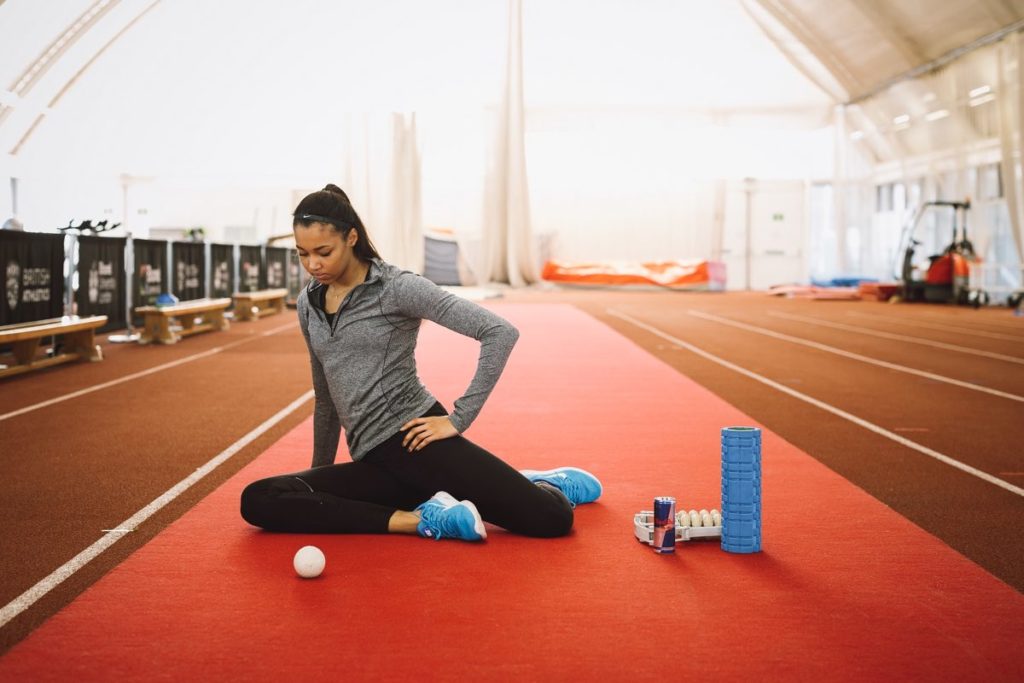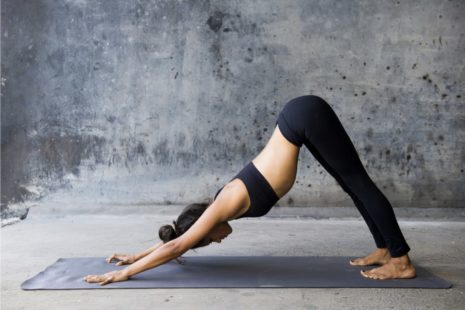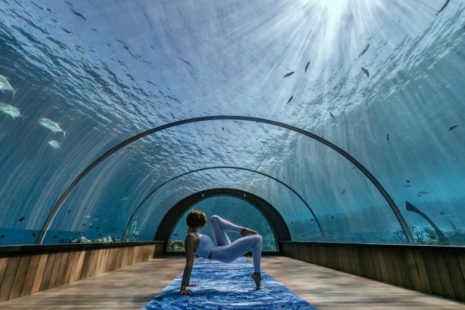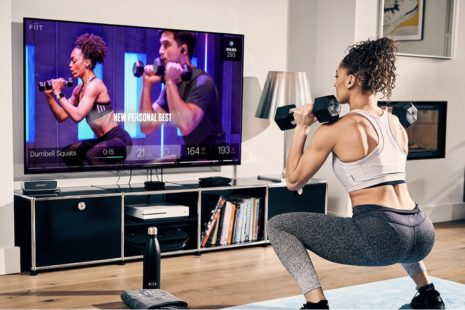Meet Morgan Lake. The first British woman ever to reach an Olympic high-jump final, thanks to a rare combination of physical power and sporting passion. Now, the 20-year-old athlete is honing her mental muscle to reach even headier heights in a season that could make hers a household name
To appreciate how high Morgan Lake can jump, imagine that you’re balancing a standard 15cm ruler vertically on top of your head. The ruler has a few extra millimetres at each end, so its uppermost edge will be about 16cm from your skull. Lake is 1.80m tall, and when she set her personal best in Birmingham last July – at Team GB’s trials for the World Championships – the bar was set at 1.96m. That’s about the same height as Kobe Bryant, Usain Bolt and Dwayne Johnson.
High jump requires grace, explosive power and precision in a combination demanded by no other sporting discipline. Lake makes it look easy. Still only 20, she is a veteran of two World Championships and an Olympic final. A couple of months after turning 17 in 2014, she won gold in high jump and heptathlon at the World Junior Championships; soon after, she represented her country at senior level in both events.
At the end of last year, she took the heptathlon off her schedule and committed fully to the high jump, saying that “the pressure of [heptathlon] competition was quite big for me”. The majority of professional athletes might not be so candid about their shortcomings, but Lake’s frankness also shows an understanding of her own mind, and a wisdom beyond her years. This is perhaps not so surprising given that she’s in the second year of a psychology degree.
“I think I wanted a distraction,” says Lake of her decision to study during her sporting career. “That way, I wouldn’t focus on training the whole time. I have enough time in my day to do my degree and my sport – though not as much time as I wish I had. I would say I’m coping, but I try not to think too much about how little time I have. The best thing is to try to enjoy both, which I am.”
Psychology has long been an interest of Lake’s. Studying it now, she says, is “really beneficial to my sport. I definitely feel I’ve gained a mental edge”. She continues, “I’m doing a general psychology degree, but there are a few sports psychology modules. Some things that have been really useful are working on imagery and use of relaxation. Hopefully I haven’t taken too much on board from the stuff we’ve done on psychopaths.”
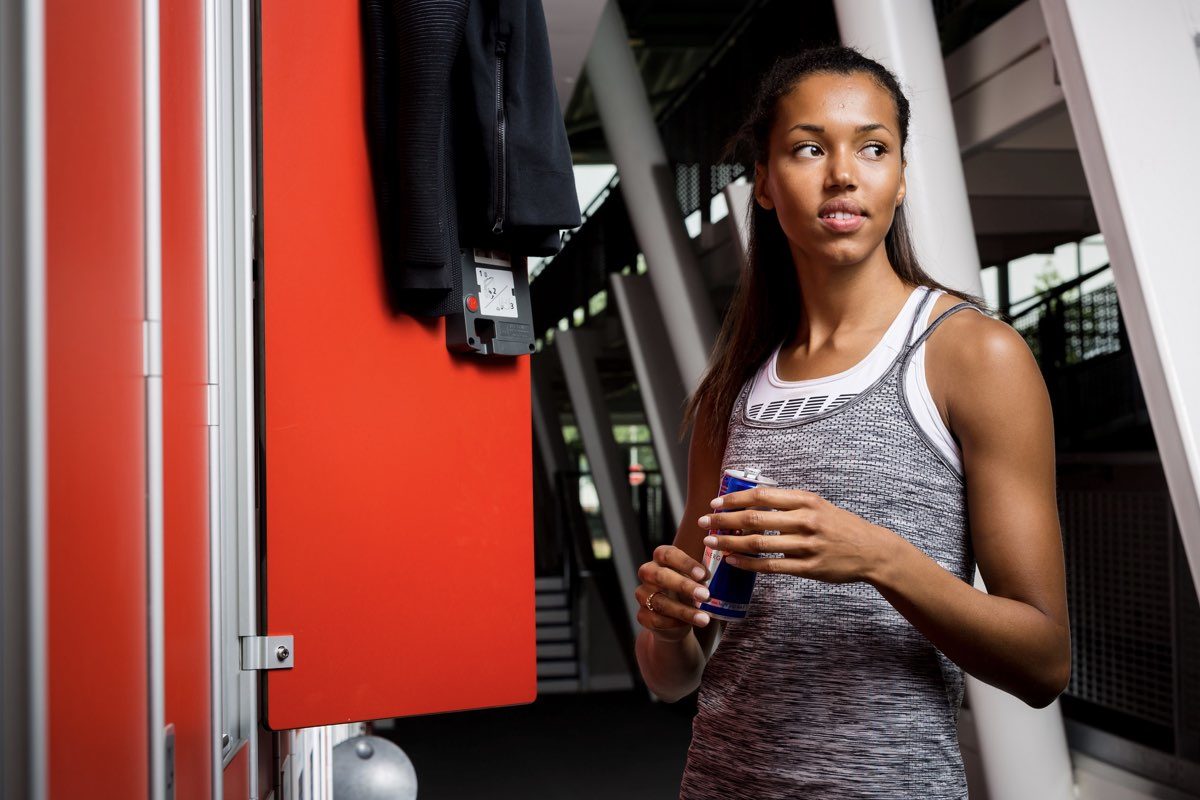
During the morning that The Red Bulletin spends with her at Lea Valley Athletics Centre in north London, Lake displays no psychopathic tendencies. She exudes confidence in the way many professional sportspeople do, but minus any swagger, and with her ego firmly in check. At ease under questioning – and the lights of the photographer – she’s also very happy to enjoy a moment’s silence, a rare thing for most 20-year-olds, world-class athlete or otherwise. Look for her on social media and you’ll find measured, understated, thoughtful posts and messages. Lake has, as the phrase goes, an old head on young shoulders.
She still gets nervous before she competes, but uses this to her advantage. “When I was younger, I was told that nerves are a good thing, a sign that you’re passionate. I was able to get my head around that, to build on them and use them for good, rather than being scared of them and allowing them to have a negative impact on my performance. My initial thoughts in competition are always, ‘Oh God…’, but I can change that into a positive force.”
Lake has also been able to cope with the scrutiny that modern-day athletes can find themselves under, especially track-and-field stars refining their technique under intense coaching, with all performances on video, available for conversion into data to be mined for a fractional advantage. “I actually like all of that looking back at what I’ve done, picking out the good things, trying to understand why they were so good, then learning from them.”
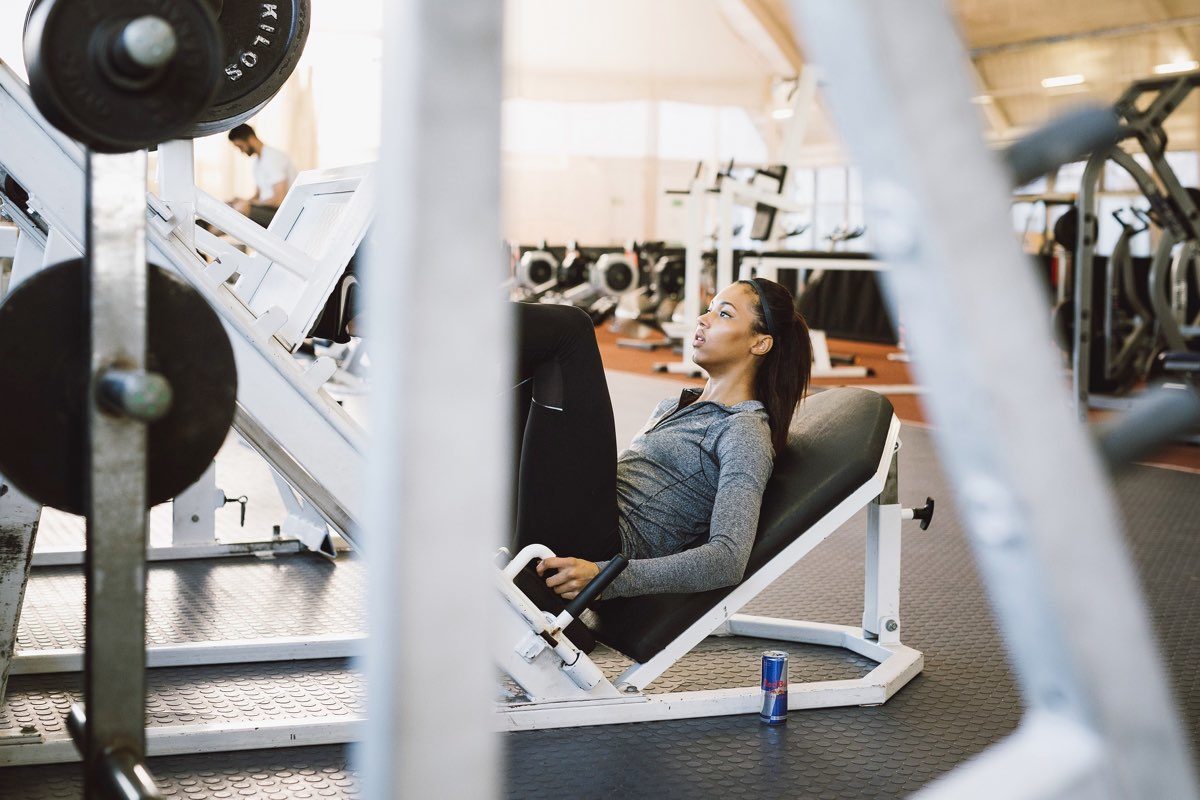
Lake’s learning – both her athletics training and her degree – is centred on Loughborough, where she studies at the university. Its world-class sporting facilities have earned it a reputation for sports science, and for encouraging athletes wanting to expand body and mind; 29 of its students, including Lake, were named in
the GB teams for last year’s World Championships and World Para Athletics Championship. She’s based there, but her family home
is in Berkshire, where, she says,
“I can go home and it’s not about athletics all the time.”
For most of her life
up to this point, that was not the case. Home was where the athletics conversation began and ended, because, until last summer, Lake’s coach was her father, Eldon. A former English schools triple-jump champion whose career was curtailed by injury at 18, Eldon introduced his children – Lake has a younger brother, Gabriel – to athletics at the age when most kids still have stabilisers on their bikes.
“I started sport when I was five,” says Lake. “Well, I know that I did, but I can’t really remember it specifically. I can’t remember a time when I wasn’t doing sport. At 10, I was doing standing long jump and running races at an athletics club. At first, my parents just took me and my brother down there for something to do. I did a lot of other things, too – such as swimming, netball and hockey – and I loved them all, but they were always second to athletics.”
What made you better than the other would-be gold medallists? “Natural talent. But I loved it straight away. My dad loving the sport rubbed off on me, and I found my own passion. That kept me in it, and I suppose it meant I tried harder than other people.”
Tiger mums and dads yelling on the touchline at school sports days and club matches are one thing, but micromanaging your child’s life as they move into professional sport is viewed by many with scepticism. The parent-coach is often characterised as being too pushy, and is accused of living vicariously through the child’s achievements. There has never been any suggestion that Eldon Lake has been anything other than a positive influence on his daughter’s sporting career, but when their professional relationship came to an end, tongues wagged.
“I needed the natural progression to a new coach,” explains Lake. “Different training partners, different set-up. I was getting to a point where things were maybe a bit repetitive. I needed a change.”
So, whose decision was it? “Honestly,” she says, looking The Red Bulletin right in the eye, “it was a mix of the both of us. We’d been arguing quite a lot, but then we both stepped back and talked how it probably would be best for me to go with someone else. My dad was my only coach from the time I started training seriously to when I was 13 or 14 and began working with other specialist coaches. He’s really close to my current coach [Fuzz Caan] and still has a big impact on me and what I do. He’s my dad and he’ll be at every competition.”
Eldon will be well travelled this year. Marked on his daughter’s calendar for 2018 are the British Athletics Indoor Championships in Birmingham in February, followed by the World Indoor Championships at the same arena just a month later. The Commonwealth Games take place on Australia’s Gold Coast in April, and then, with no big summer competition to focus on, Lake will be fully committed to the IAAF Diamond League – athletics’ travelling global showcase – which touches down in China, Qatar, USA, Morocco and eight European countries.
Lake’s progress in the last two years has been impressive: her PB has increased by 2cm each season. Similar improvement over the next two years will take her to 2m – the British record – and genuine medal contention at the big events. A 10th- place finish at the Rio Olympics in 2016 was followed by sixth place in the World Championship final last year. Don’t bet against a higher standing at the next major contest. “I’m not one of those people who PBs in training and then can’t jump as high in competition,” she says. “I’m the opposite. I’m getting better at training, but I just feel the edge in competition and I can perform.”
She feels that the timing is right, too. “This was a good year for me to make the change to just doing high jump. In previous years, I would have put myself under a lot of pressure; any training session that went bad – in whichever discipline – would make me think I’d ruined all the hard work I’d put into the other six [heptathlon events]. This is a growing year for me, and I know that, so it’s not the end of the world if something doesn’t go right.”
Morgan Lake is doing all the right things to become a champion. There can be few athletes her age with the mental fortitude she demonstrates, boosted in no small measure by her psychology studies, and her physical abilities are no less impressive. She manages mind and body better than she did when doing both heptathlon and high jump. “In training, if I’m pushing myself when I don’t need to be, that’s when you can end up worse off,” she says. “Taking rest days is important. My coach and I talk a lot about mental energy.
“But I thrive on training, too. I like the idea of hard work and being able to bank the results, so I’ll still do an extra set where I can. That feeling of knowing I’ve done the work – and what I can do with it – is what drives me in the first place.”
Such dedication has every chance of driving the 20-year-old athlete into first place, too.
Follow Morgan Lake on Twitter: @morgan_a_lake
Interview by The Red Bull Bulletin
Related Posts:
- Liked Goop Lab? Then You'll Love BioHack-Hers
- Everything You Need to Know About the Aries Woman
- Apple fitness plus - top trainers to look out for on the app
- Aquarius Woman: Personality, Characteristics,…
- Pisces Woman: Personality, Characteristics, Traits,…
- Gemini Woman: Personality, Characteristics, Traits,…
